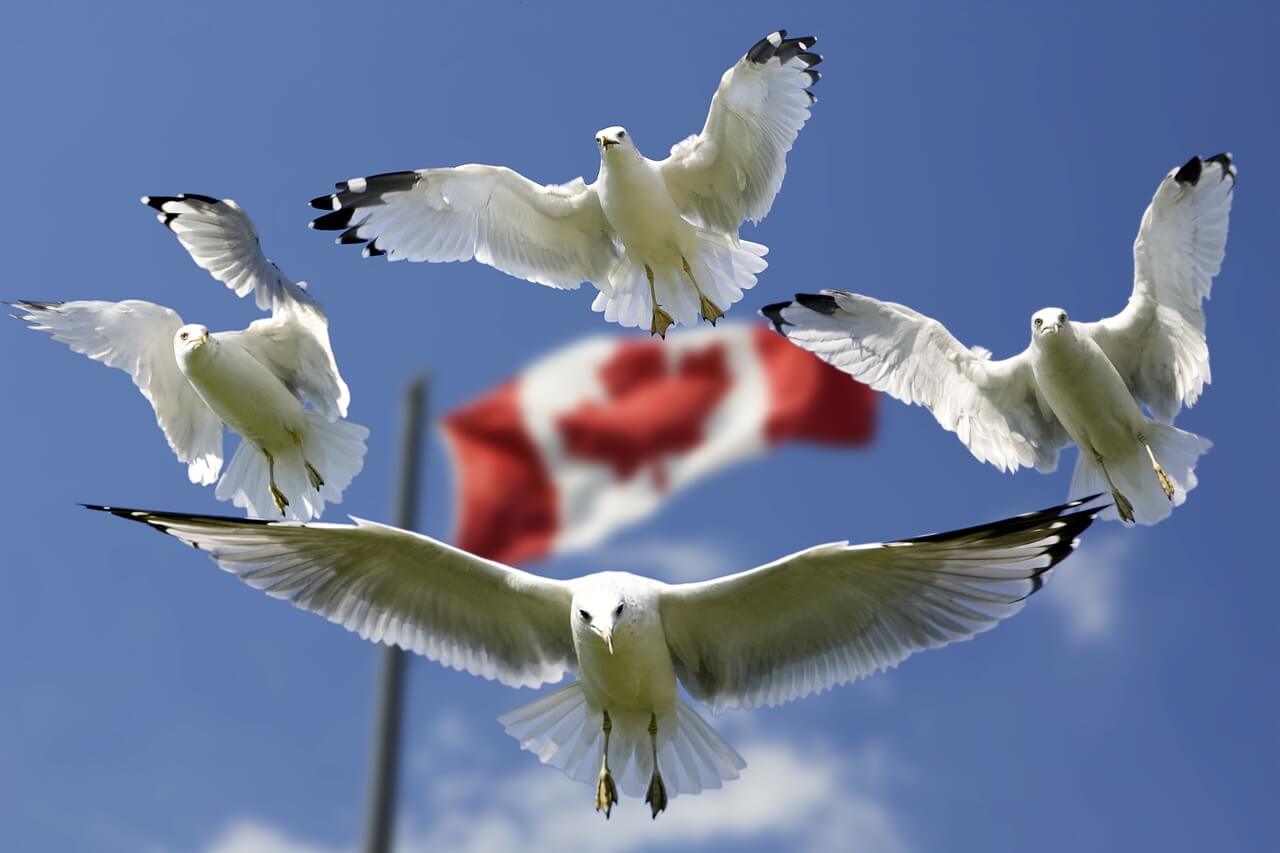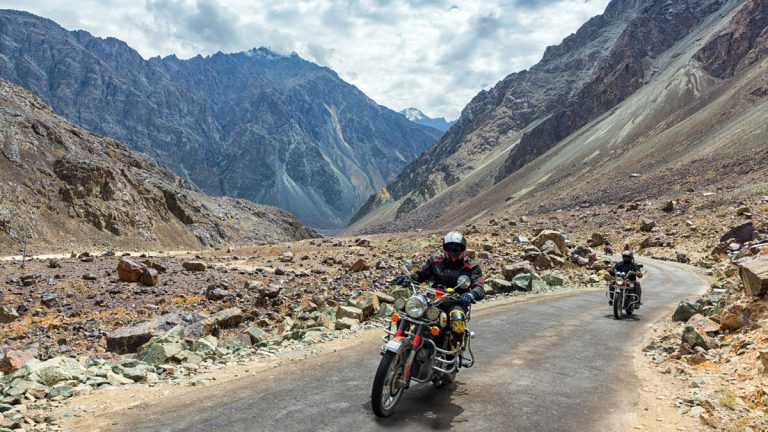Be it serene natural beauty, secluded lakes, mountains, glaciers, or spectacular city life, Canada ticks off all the boxes in any traveler’s list. The diverse leisure and travel options also bolstered the tourism sector of that country. In 2019, almost 22.1 million tourists visited Niagara Falls, Vancouver, Calgary, and Toronto are some of the popular tourist spots of the country.
To explore these places without any hassle, one needs to follow certain guidelines and steps to make it to Canada from India. Here are the essential guidelines to know while travelling to Canada.
Also Read – Best Hotel Deals In Dubai And Staycation Packages
10 Guidelines to Consider Before Travelling to Canada
These 10 tips will keep you informed well in advance to overcome unfortunate events while travelling to Canada from India. You can ascertain that by checking the pointers below:
Get Your Canadian Visa
As of now, Canada does not offer visas on arrival for Indians. Hence, before travelling it is a must to apply for a Canada tourist visa from India. The cost of a visa depends on the person travelling, type of visa, etc. For instance, a visitor visa for a family of 5 members or more can cost around CAD 500.
Similarly, you can also pay CAD 100/person to extend the stay as a visitor in Canada. Applying for a Canadian tourist visa from India online is a hassle-free process and takes minimal time.
The processing time of a tourist visa for Canada is a maximum of 15 days. However, the time can change depending on the location of the application centre, documents submitted, and individual cases.
Get Travel Insurance That Covers Medical Expenses
Besides a visa, another vital thing you must consider while visiting a foreign country is a travel insurance plan. Medical or any other emergencies can creep up anytime, and you can be strapped for cash. It makes one even more vulnerable and helpless when in a completely different country and time zone.
However, in such unforeseen situations, travel insurance can save the day with financial coverage for medical expenses and other costs that may incur during your stay.
Following are some situations where a travel insurance plan can save you:
- In case of loss or stolen luggage, you will get the benefit amount depending on the number of checked-in bags that get stolen or lost.
- This insurance plan covers the cost of medical assistance or evacuation if the insured person falls ill in Canada.
- It must also include a personal accident cover during the trip to Canada.
- One can also claim in case of delayed and missed flights due to any reason.
Hence, the travel insurance plan with medical coverage safeguards you financially and keeps your stresses at bay during a trip to Canada.
Also Read –Before You Visit Rabat, Here’s Everything You Need To Know
Look for the perfect weather to visit Canada
Canada is a massive country, and therefore the weather is quite different from the Western to Eastern part of it. Ideally, the best time to visit Canada is September to November. The weather then is comfortable, and the fall foliage gives a spectacular backdrop to your pictures.
In case you are travelling in winter, you can expect a blistering temperature of as low as 4 degrees Celsius in the Northern territories.
Regardless, you should keep your eyes on the regional daily weather updates before planning a day outdoors.
Also Read – The Ultimate Guide To Karachi City
Know the Speed Limits while Driving
Before visiting any country, including Canada, it is essential for visitors to know the statutory speed limit while driving. It helps avoid any legal pitfalls and consequent fines or, in worst cases, trials.
In most Canadian territories and provinces, the statutory speed limits are 80 km/h in rural areas and 50 km/h in urban areas. However, there is no such speed limit for grade-separated freeways. Still, you should follow the on-road speed restrictions while driving in a particular area.
Sales Tax will be addedto Your Bills
Like other countries, Canada also levies a Goods and Services Tax (GST) of 5% on most services and products you purchase. Additionally, in some provinces, you also need to pay GST alongside provincial sales tax, combined, also known as harmonized sales tax (HST). The rate of HST varies with provinces.
Thus, you are likely to pay such taxes when paying bills at restaurants or shopping at your favorite store in Canada. You can also calculate the taxes beforehand to estimate the final bill.
Bringing Your Pets Along
Canada allows you to bring your pets as long as you carry a valid rabies vaccination certificate dated and issued within the 3 previous years. This certificate also needs to be signed by a licensed veterinarian.
Also Read – America’s Finest City: A San Diego Travel Guide
Carry Required Drug Prescriptions
You must pack all your necessary medications in a carry-on baggage in their original and labeled containers. This will facilitate customs screening as well as airport security. Please note that prescription medications are exempted from liquid restrictions; however, it must still be presented to the screening officer separately from your carry-on baggage.
Know the Emergency Details
In case you need to contact emergency services, which includes the police, fire department, and medical services, the phone number that you need to contact is 911.
Tipping System
Often ignored, the tipping system in countries across the world is different. It can leave you in an awkward situation if you do not know the same about the country you are visiting. The tipping system in Canada is almost the same as America’s. A minimum of 15% tip is expected in most Canadian restaurants.
Although it is not compulsory, not paying tips may often seem rude. However, you can always ask the locals or check a restaurant’s website before visiting to avoid any miscommunications later.
Carry the Necessary Travel Documents
Apart from Canadian tourist visas from India, visitors also need to carry some essential documents while traveling. It includes:
- Passport
- All identity proof
- Air tickets
- Booking proof of accommodation
- Tickets of events you want to attend during the trip
- Personal medical certificates
- Travel insurance plan documents
Note that currently, you also need to carry COVID-19 related travel documents to visit Canada or any other country for that matter. For instance, you need to have a COVID vaccination certificate, a negative test report of COVID-19, etc.
Preferably, you should carry the physical documents as well as keep soft copies on your mobile phone, considering most procedures are likely to be paperless.
Therefore, these were the priority guidelines for traveling to Canada that you can follow so that you do not miss anything last minute.
Also Read – What You Need To Know Before Going On A Cruise




